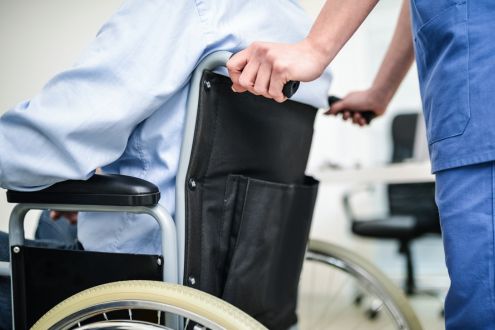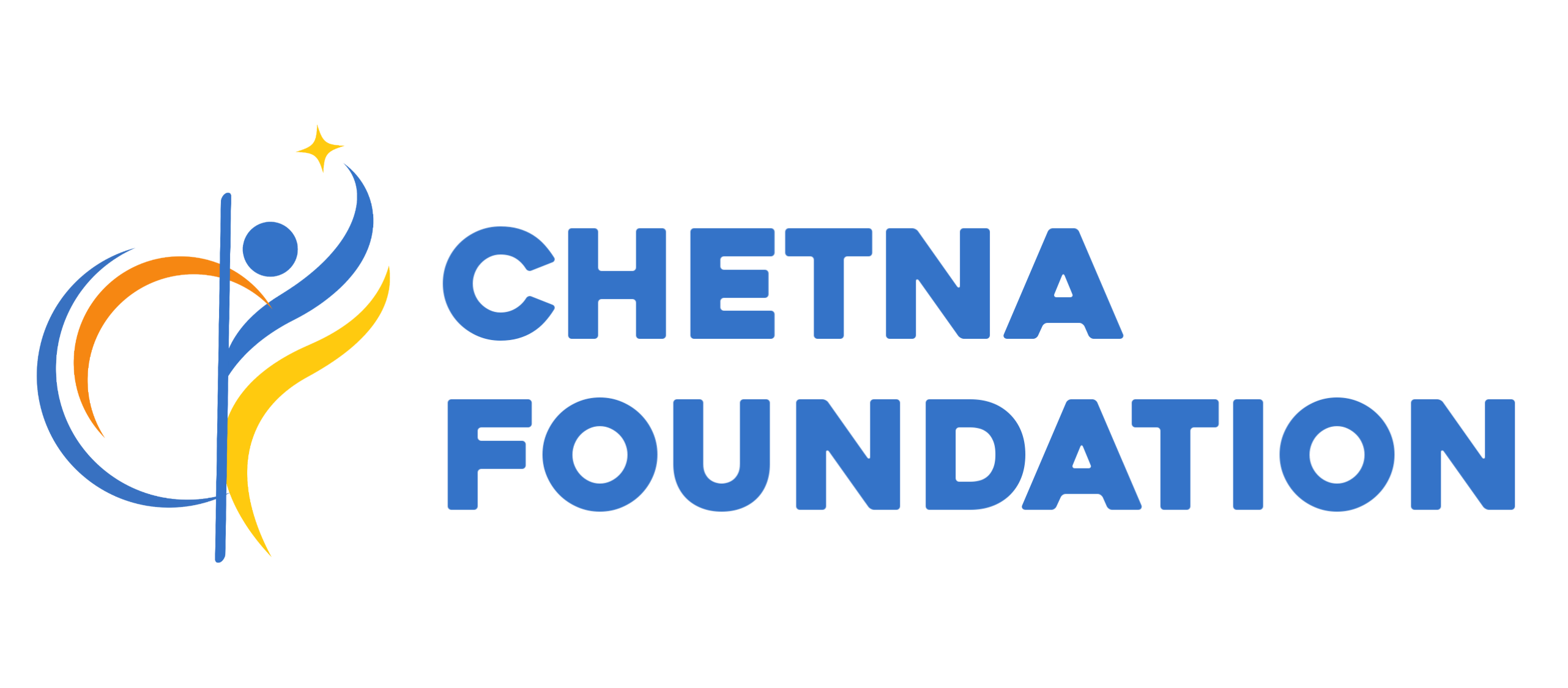Regaining Strength and Mobility
Paralysis due to stroke occurs when blood flow to the brain is disrupted, affecting muscle control and movement. It can impact one side of the body, causing difficulty in daily activities.
With early intervention, physiotherapy, and rehabilitation, stroke survivors can regain mobility, improve muscle strength, and enhance their independence for a better quality of life.

What Is Paralysis (Stroke)?
Paralysis from a stroke happens when brain damage affects the nervous system, leading to loss of movement in certain body parts. It varies in severity depending on the affected brain region.
Common symptoms include weakness, numbness, loss of coordination, and difficulty speaking. Immediate medical care and therapy are crucial for recovery and rehabilitation.
Treatment includes physiotherapy, occupational therapy, and assistive devices to help individuals regain strength, restore mobility, and adapt to daily life challenges.
The Impact of Paralysis (Stroke)
- Restores Strength and Mobility
- Improves Independence in Daily Life
- Enhances Speech and Coordination




